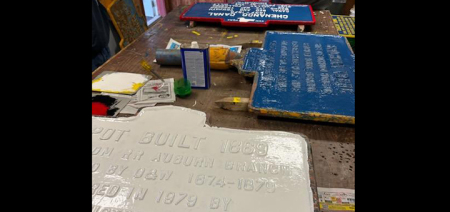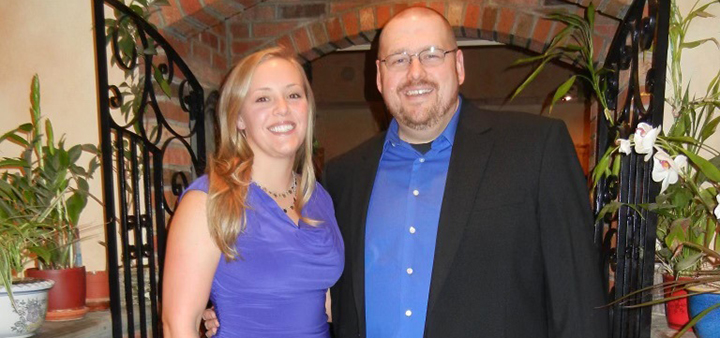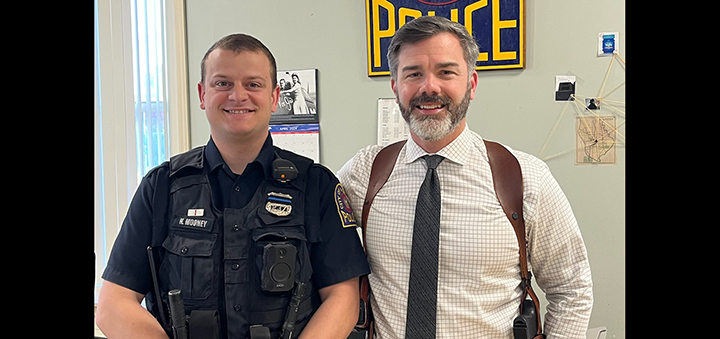NY Needs To Take Steps To Protect Against Terrorism
Published:
July 11th, 2016
By:
Sen. James Seward
Helping keep our local communities, neighborhoods, and families safe and secure is among my top concerns as a state senator. During the 2016 legislative session, I helped advance a number of initiatives that will help address public safety. Several bills, in particular, focus in on the crime of terrorism. While terrorism is viewed primarily as a concern for the federal government, there are a number of steps that can and should be taken at the state level.
During the closing days of the session, the senate approved a bill (S.3464) I co-sponsored that would establish the “New York State Terrorist Registry.” The public-safety measure would require anyone convicted of a state or federal crime of terrorism, or who have committed a “verifiable act of terrorism,” to register with the Division of Criminal Justice Services and have their non-confidential information made publicly available.
Terrorism is among the gravest dangers we face as Americans, and the number of threats against us is growing daily. It is vital that we are aware of individuals who wish to do us harm and we need to employ every single tool at our disposal to maintain the public’s safety and well being. By creating a terrorist registry we can help protect lives, our freedoms, and all that we hold dear.
The registry is modeled after Megan’s Law, which established the New York State Sex Offender Registry. If someone’s conduct has previously resulted in a conviction for crime of terrorism, he would be required to complete a standardized registration form. The appropriate law enforcement agency, or the Department of Corrections if the individual is confined, would then collect a current photograph, fingerprints and DNA sample. These materials would then be made available to local, state and federal law enforcement agencies.
Persons would be added to the New York State Terrorist Registry only after their past conduct resulted in a conviction for crime of terrorism or a federal action was taken against them for committing a verifiable act of terrorism. Registrants can petition supreme court to have their names removed if such court finds that circumstances so justify the removal. The registration and verification are neither overly burdensome nor complex.
The senate also approved four other bills to protect New Yorkers from several types of terrorist and criminal activities:
S.3404 would create a new crime for when a person intends to cause widespread financial harm or commits a larceny offense against more than ten people using a computer or related technology. It also prohibits the use of cyberterrorism to cause mass injury or damage, or to intimidate, coerce, or influence a civilian population or government;
S.2942 would increase criminal penalties for soliciting or providing support for an act of terrorism. One of the biggest sources of funding for terrorist organizations is through money laundering and credit card fraud and this measure would help deter and penalize those who financially support terrorism;
S.455 would help prevent and punish those who engage in recruitment activity to get new members that will carry out terrorist acts. The bill creates the crime of terrorism recruitment when a person recruits, solicits, requests, commands, importunes, or otherwise attempts to cause another person to engage in terrorist activities:
S.5349 would strengthen existing penalties by creating a new crime when a terrorist threat is made against a police officer.
The horrific terrorist attacks on 9-11 and, more recently, in Orlando and San Bernardino have proved that we must take steps to shore up our security against potential threats. Terrorist networks like ISIS and Al Qaeda are encouraging attacks on America and we must use any and all knowledge that we may have to thwart such evil acts.
All of these bills received overwhelming bi-partisan support in the senate but the assembly failed to vote on them. These are crucial safety measures, and I am hopeful the assembly will take them up at the earliest possible date.
Author: Sen. James Seward - More From This Author
Comments







